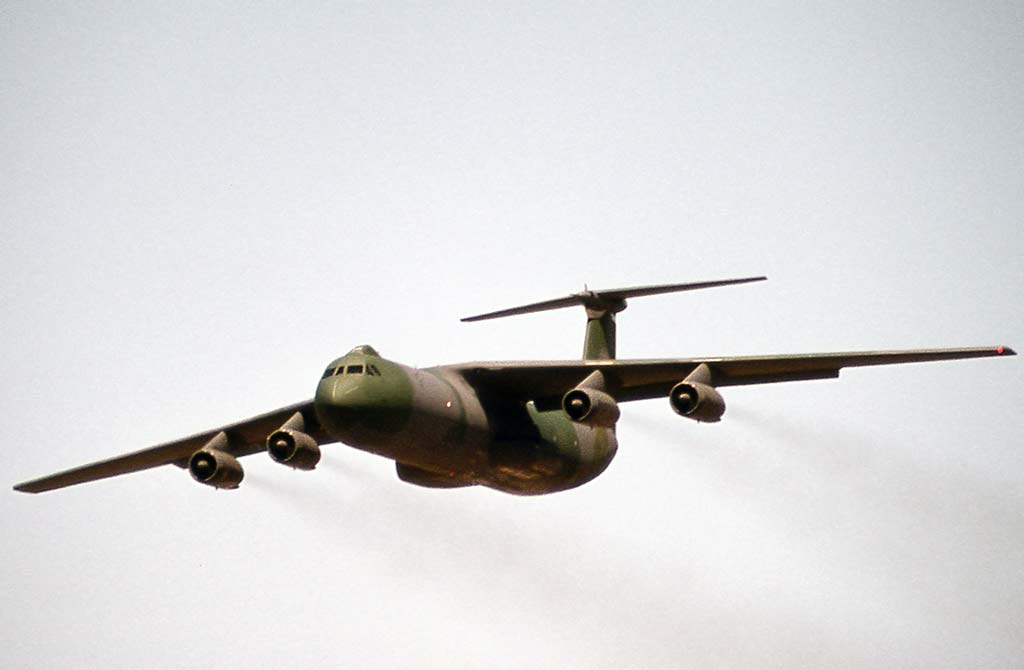
Increasing incidents of GPS spoofing in the Middle East and Northern Europe are disrupting air navigation, posing an increased risk to global security.
Civil aviation is facing a growing threat from GPS spoofing, particularly in conflict zones where the practice significantly disrupts onboard navigation systems. This article examines the extent of this phenomenon, its implications for aviation safety, and possible measures to mitigate the associated risks.
GPS spoofing emerging in conflict zones
Since the summer of 2023, an upsurge in GPS spoofing has been documented, mainly in the Middle East, directly affecting the navigation systems of commercial aircraft. Incidents have been reported where counterfeit GPS signals induced considerable navigational deviations, leading to a total loss of navigational functionality. Crews, sometimes forced to rely exclusively on verbal instructions from air traffic controllers, had to navigate in an increasingly uncertain and risky environment.

GPS spoofing: how it works
GPS spoofing is a form of cyberattack in which counterfeit GPS signals are used to deceive a GPS receiver as to its position, time, or both. Essentially, this type of attack manipulates the navigation system into thinking it’s at a different location from its actual position. Here’s a detailed explanation of the process and its implications:
How GPS Spoofing works
- False signal: Unlike GPS jamming, which creates interference or blocks GPS signals by emitting radio noise, spoofing involves creating and sending a false signal. This false signal is designed to resemble a genuine GPS signal.
- Receiver spoofing: The counterfeit signal is transmitted with a strength strong enough to outperform real GPS signals. The GPS receiver, unable to distinguish the false signal from the real one, synchronizes with the counterfeit signal and interprets the false data as legitimate.
- As a result, the GPS device will display an incorrect position and/or time, dictated by the attacker. This can lead to navigation errors, incorrect timestamps, and other problems associated with reliance on accurate GPS data.
Implications of GPS Spoofing
- Safety and Navigation: GPS spoofing can have serious consequences for critical applications such as aeronautical, maritime and land navigation. False positioning information can lead to potentially dangerous navigation errors.
- Military and security applications: In military terms, spoofing can be used as a form of electronic warfare to reroute vehicle or munitions guidance systems.
- Synchronization systems: Many communication systems and power grids depend on precise GPS timing. Spoofing can induce errors in these systems, affecting everything from power grid management to the timing of financial transactions.
- Research and Development: Measures are underway to develop technologies capable of detecting and countering spoofing, such as authenticating GPS signals and improving receiver resilience.
Countermeasures and Prevention
- Spoofing detection: The adoption of technologies capable of detecting anomalies in received signals, enabling spoofing attempts to be identified and reported.
- Encryption and Authentication: Using encrypted signals that require a decryption key to authenticate GPS signals, making spoofing much more difficult.
- Diversification of Navigation Systems: Combine GPS with other forms of navigation and location technologies, such as inertial or Wi-Fi, to reduce reliance on GPS signals alone.
Implications for navigation and aviation safety
Spoofing, more insidious than jamming, sends false information to navigation systems, causing equipment to calculate wrong positions. This deception can compromise the aircraft’s inertial reference system, essential for navigation. The implications of such interference are far-reaching, affecting various types of aircraft and threatening the safety of international air traffic.
Geopolitical consequences and operational risks
Spoofing incidents are not limited to navigational errors; they carry with them the potential for international crises. For example, a diverted aircraft could unintentionally cross national borders, risking diplomatic incidents or even acts of military aggression. This geopolitical dimension underlines the urgency of treating GPS spoofing as a national and international security issue.
Technological challenges and global response
The rise of GPS spoofing reveals critical vulnerabilities in the global air navigation infrastructure. Although alternative navigation systems exist, dependence on GPS is such that its compromise can have catastrophic consequences. Responding to this threat requires international collaboration, involving bodies such as the International Civil Aviation Organization (ICAO) and the European Aviation Safety Agency (EASA), to strengthen the resilience of navigation systems and develop effective emergency protocols.
Solutions and prevention
In the face of this threat, it is imperative to develop navigation systems that are more robust and less vulnerable to spoofing. The aviation industry must step up its efforts to raise awareness, train crews and improve navigation error detection and correction systems. At the same time, stricter regulations and increased surveillance measures are needed to detect and counter spoofing attempts in high-risk areas.

Future vision: Security and resilience
The evolution of GPS spoofing requires constant vigilance and technological adaptation to guarantee the safety of the world’s airspace. By investing in the research and development of innovative solutions, the aviation sector can anticipate and neutralize threats, ensuring safe and reliable navigation for all airspace users.
War Wings Daily is an independant magazine.